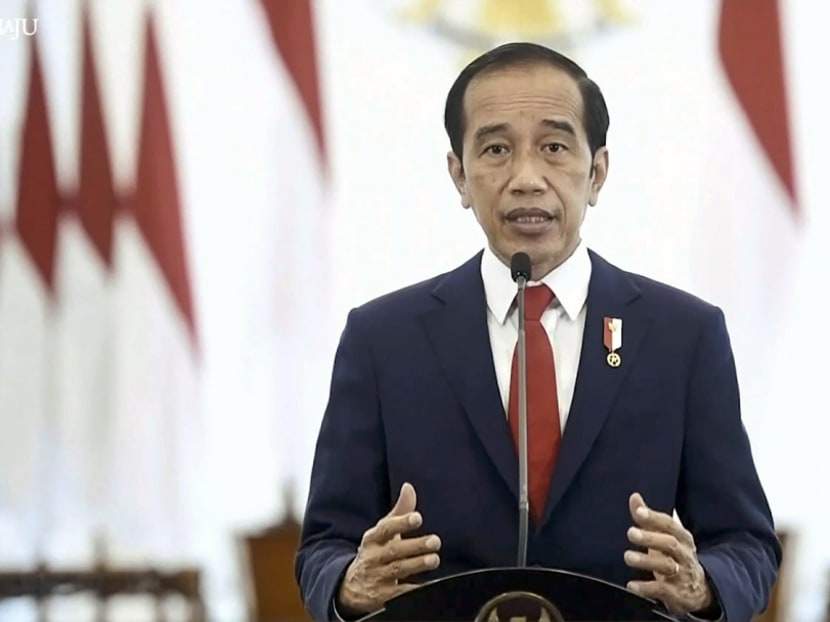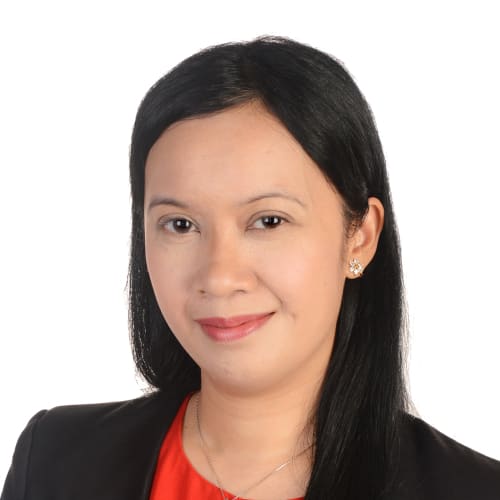Inclusiveness, sustainability among key priorities for Indonesia’s G20 presidency: President Jokowi

In this photo taken from video and shown at United Nations headquarters, Indonesia's President Joko Widodo remotely addresses the 76th session of the U.N. General Assembly in a pre-recorded message, Wednesday, Sept. 22, 2021. (UN Web TV via AP)
JAKARTA: Indonesia’s President Joko Widodo said inclusiveness and sustainability would be among the country’s priorities when it assumes the G20 presidency next year.
Jokowi, as the president is popularly known, made the remarks in a recorded statement to the United Nations General Assembly on Wednesday (Sep 22), in which he said that Indonesia would work for the benefit of all as well as prioritising vulnerable groups.
“Inclusiveness will be the main priority during Indonesia’s presidency.
“This is Indonesia’s commitment to show that no one is left behind,” he said.
Mr Widodo added that a “green and sustainable economy” would also be prioritised due to Indonesia’s strategic place on climate change.
“In 2020, Indonesia reduced its forest fires by 82 per cent, compared to the previous year.
“Deforestation rates have dropped significantly, the lowest in 20 years,” he said.
Indonesia, Southeast Asia’s biggest economy, has suffered from forest fires in the past few decades, mostly perpetrated by humans to clear land.
The fires caused health problems, economic loss and transboundary haze in the region.
Indonesia has taken several measures to stop deforestation, such as issuing a palm oil moratorium in 2018 and working with Norway to reduce carbon emissions from deforestation. Both programmes ended this month.
In his speech, Mr Widodo reiterated Indonesia’s commitment toward climate resilience, low carbon development and green technology, adding that developing countries must be included in the energy and technology transformation process.
Related:
PANDEMIC RECOVERY AND POLITICAL CRISIS
Mr Widodo noted that the countries’ capacity and pace in tackling the pandemic differed widely.
Thus, the global health security system must be reorganised and new mechanisms were required to mobilise global health resources quickly and fairly, he said.
“We need to establish a standardised global health protocol in cross-border activities, such as vaccine criteria, test results and other medical conditions,” he said.
Mr Widodo also took the opportunity to highlight that countries must be stern in fighting intolerance, conflicts, terrorism and war.
Marginalisation of women and violence in Afghanistan, Palestine’s independence and the political crisis in Myanmar must be the world’s “common agenda”, he said.
“The leaders of ASEAN (Association of Southeast Asian Nations) met in Jakarta and agreed on the Five Points Consensus, of which its implementation requires the full commitment of the Myanmar military,” he said.





